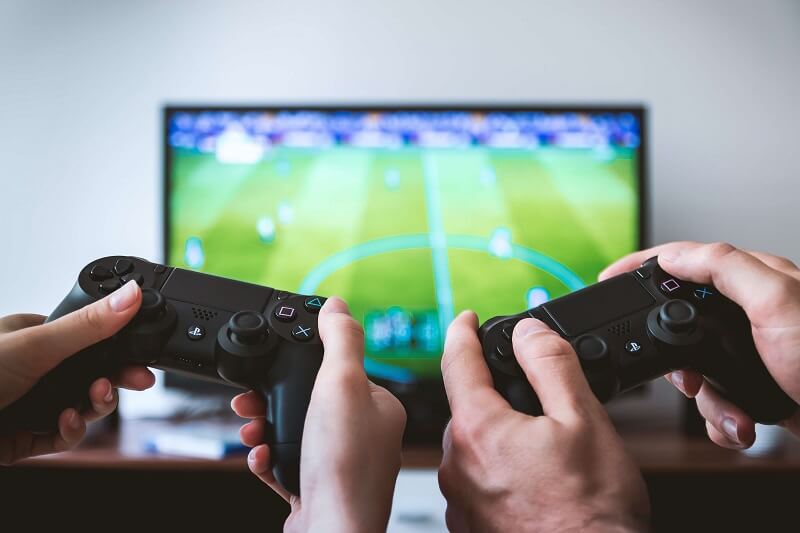Gaming has undergone a remarkable evolution over the years, transcending its origins as simple pixelated entertainment to becoming a complex and immersive form of interactive media. From classic arcade games like Pac-Man to modern-day blockbuster titles such as Fortnite and Minecraft, gaming has become a ubiquitous aspect of popular culture. As gaming technology continues to advance, its influence on society, culture, and learning becomes increasingly profound. Let’s delve into the various ways in which gaming has evolved and its effects on culture and learning.
Impact on Popular Culture
Gaming has become a significant component of popular culture, shaping entertainment, fashion, music, and even language. Iconic characters like Mario and Pikachu have become cultural icons, recognized by people of all ages around the world. Gaming tournaments and conventions draw millions of participants and spectators annually, further cementing gaming’s place in mainstream culture. Additionally, gaming has inspired a plethora of movies, TV shows, and merchandise, contributing to its widespread influence.
Social Interaction and Community Building
One of the most significant developments in gaming is the rise of online multiplayer experiences, which facilitate social interaction and community building on a global scale. Gamers can connect with friends and strangers alike, collaborate on tasks, and compete in virtual environments. Online gaming communities offer a sense of belonging and camaraderie, fostering friendships and social bonds among players from diverse backgrounds. Furthermore, platforms like Twitch and YouTube have democratized gaming content creation, allowing gamers to share their experiences and build communities around their favorite games.
Educational Potential
Contrary to popular belief, gaming can have positive effects on learning and cognitive development. Educational games and simulations provide engaging and interactive learning experiences, allowing players to acquire new skills, problem-solving abilities, and knowledge in various subjects. Gamification techniques, such as incorporating game elements into non-game contexts, have been successfully applied in education to motivate and engage learners. Additionally, strategic and puzzle-solving games can enhance critical thinking, spatial reasoning, and decision-making skills.
Cultural Representation and Diversity
Gaming has the power to shape and reflect cultural norms, values, and identities. As the industry becomes more diverse and inclusive, games are increasingly featuring protagonists and storylines that represent a broader range of backgrounds and perspectives. This shift towards diversity in gaming not only promotes representation but also fosters empathy and understanding among players. Additionally, games that explore cultural themes and historical events can educate players about different cultures and promote cross-cultural appreciation.
Impact on Physical and Mental Health
While gaming offers numerous benefits, excessive or unhealthy gaming habits can have adverse effects on physical and mental health. Prolonged periods of sedentary gaming can contribute to issues such as obesity, poor posture, and musculoskeletal problems. Moreover, excessive gaming can lead to addiction, social isolation, and mental health issues such as anxiety and depression. It’s essential for gamers to maintain a balance between gaming and other activities, prioritize physical activity and social interactions, and seek help if gaming habits become problematic.
In conclusion, the evolution of gaming has had a profound impact on culture and learning, shaping popular culture, fostering social interaction and community building, enhancing educational experiences, promoting cultural representation and diversity, and influencing physical and mental health. As gaming continues to evolve, it’s essential to recognize both its positive and negative effects and work towards harnessing its potential for the betterment of individuals and society as a whole.





